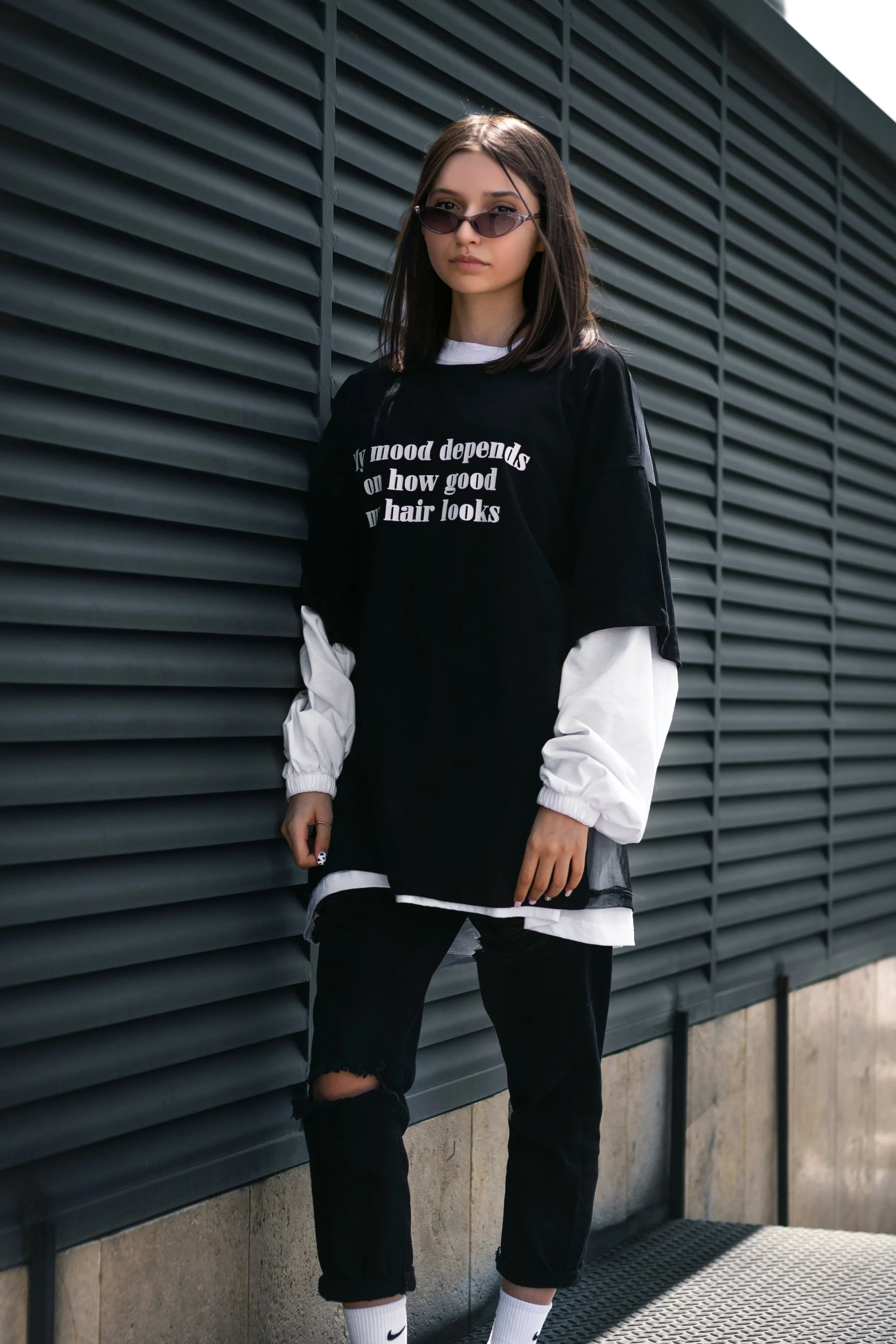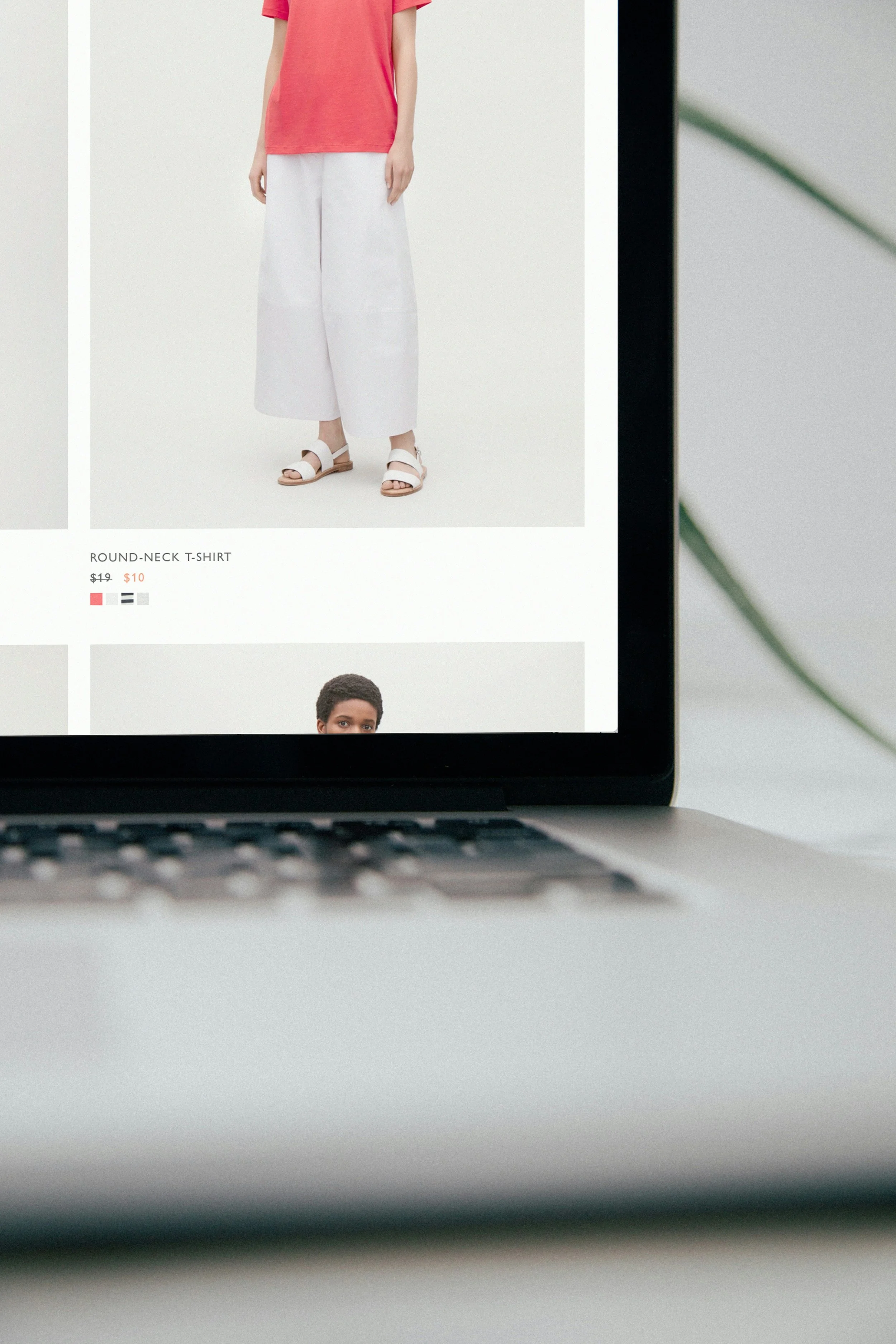How to Shop Safely & Successfully on Depop & Vinted
Second-hand platforms like Depop and Vinted offer a great opportunity to buy preloved clothing at bargain prices. With thousands of sellers, items and easy-to-use apps, these outlets are powerful tools in the sustainable shopper’s kit. Depop and Vinted take care to reduce the risk for buyers and sellers alike, but there are still hazards.
Photo by mehrab zahedbeigi on Unsplash
Our Guide highlights the potential pitfalls and offers advice to keep you safe and make sure that your shopping experience is good.
Photo by appshunter.io on Unsplash
Check Reviews
Seller reviews are definitely the online shopper’s friend.
Photo by Don Delfin Almonte on Unsplash
Look for consistent positive feedback and pay attention to any recurring issues or complaints. Be wary of sellers with no reviews. A seller’s response rate and willingness to answer questions can also provide valuable insight into their reliability.
Compare Prices
Browse similar listings to gauge the average cost for the item you want, taking into account factors like brand, condition, and rarity. Remember, pricing on second-hand platforms is often flexible so don’t be afraid to negotiate. Polite, respectful offers are frequently welcomed by sellers, especially for items that have been listed for a while.
Photo by Laura Chouette on Unsplash
Understand the Type of Seller
Whilst a lot of people use peer-to-peer platforms to sell their own unwanted clothing and accessories, some sellers are professionals who sell new items. To be sure that your purchases are sustainable, it’s important to know where their clothing comes from. Items that have been bought cheaply from retailers like Shein are sometimes sold on at a profit. A clue that a seller is doing this is a large number of items classified as “new” and labelled as unbranded. Purchase from them and you may end up with a cheaply made item that has the worst ethical and sustainability credentials.
Photo by Devin Avery on Unsplash
On Depop, a blue tick signifies that a seller is a genuine brand, celebrity or Top Seller (high volume of sales alongside a 4.5 star minimum rating).
Photo by Farhat Altaf on Unsplash
Check the Photos
Carefully examine all photos of the item. Zoom in to spot any signs of wear or flaws, and if the images leave you with questions, don’t hesitate to request more. Your idea of “good condition” may not be the same as the sellers so pay attention to the details. If a shoe marked “as new” shows signs of wear in the sole or insole, it’s unlikely to be pristine.
Sellers who are sincere about their listings will be happy to provide additional photos or information.
Photo by Christin Hume on Unsplash
Be cautious when Buying New Items.
Say you’re looking for a specific branded item and you find a listing at a very low price compared to similar items. You may have found a poor dupe. Look carefully at the photos and be cautious if they look like they have been taken professionally. They may have been lifted from the original’s website. You can check that items are fairly priced by using Google Lens to search for similar listings online.
Photo by Brooke Cagle on Unsplash
Vinted offers a verification service for designer items. Buyers pay £10 plus shipping for the item to be sent to Vinted experts. If the item is found not to be authentic, the buyer is refunded for the entire process and the seller is prevented from relisting it.
Photo by Shutter Speed on Unsplash
Read the small print.
It’s a good idea to read all of the information the seller provides on the listing and on their profile. Make sure you know whether the seller will accept returns. Sites like Depop encourage buyers to resell unsuitable items on the platform. They only mediate in cases where the item received is significantly different to the listing.
Photo by charlesdeluvio on Unsplash
Spot Scams
Trust your instincts if a deal seems too good to be true, it probably is. Use only the platform’s official payment methods, never agree to pay via external channels, and be wary of sellers who pressure you for quick sales or require unusual forms of payment.
Photo by Markus Winkler on Unsplash
We hope this guide helps you to have fun shopping safely on peer-to-peer platforms.
Photo by Sami Garcia on Unsplash














